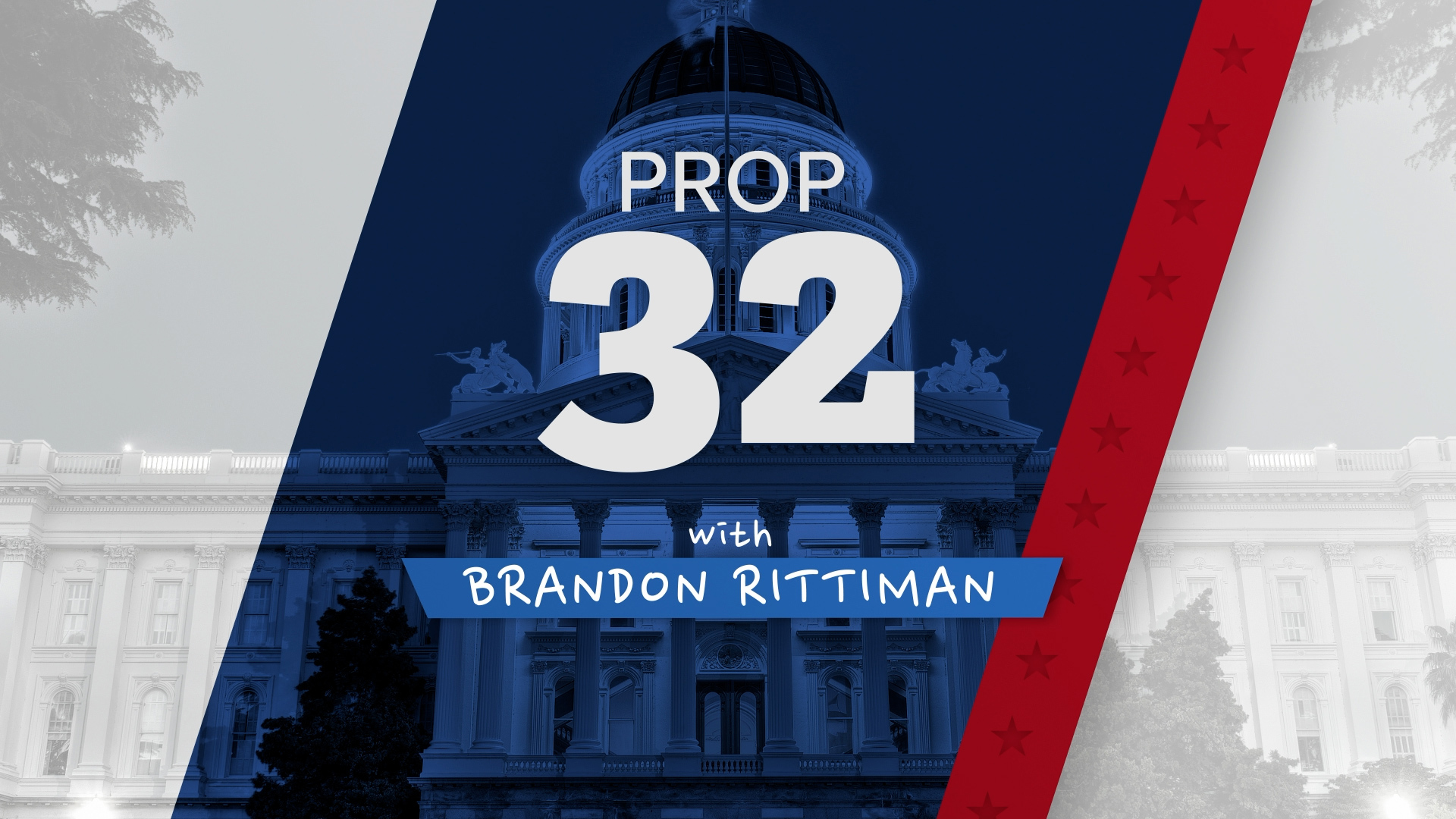SACRAMENTO, Calif. — Proposition 32, which would raise the state's minimum wage to $18 an hour, looks to have failed after votes continued to come in after election day. The current state minimum is $16 per hour.
LIVE ELECTION RESULTS FOR PROP 32 NOVEMBER 5, 2024 ELECTION:
What is Prop 32?
If passed, Proposition 32 would raise the hourly wage from $16 to $18 per hour from its current minimum wage of $16 per hour for workers in California on January 1, 2025 with the timing different based on the size of the company.
Employers with 26 or more employees: If passed the minimum wage goes to $17 immediately and to $18 on January 1, 2025.
Employers with 25 or fewer employees: If passed, the minimum wage goes to $17 on January 1, 2025 and $18 on January 1, 2026.
Starting in 2027, the wage would be adjusted based on inflation, as California already does.
Joe Sanberg, the millionaire startup-investor-turned-anti-poverty-advocate initially proposed an $18 minimum wage in 2021 and spent around $10 million into a signature-gathering effort to qualify the measure for the 2022 ballot. But the campaign missed a key deadline, pushing it to the 2024 ballot. That means a quicker hike to $18 in January if voters approve the measure in November.
What does a YES vote on Prop 32 mean?
A YES vote on this measure means that the state minimum wage would be $18 per hour in 2026. After that, it would go up each year based on how fast prices are going up.
What does a NO vote on Prop 32 mean?
A NO vote on this measure means that the state minimum wage likely would be about $17 per hour in 2026. After that, it would go up each year based on how fast prices are going up.
Who supports Prop 32?
Many labor groups support the measure, though many say it’s not as high a minimum wage as they’d like. Sanberg estimates that if passed, it would give at least 2 million California workers raises that haven't already benefited from industry-specific raises.
Who opposes Prop 32?
Business groups oppose the measure. They argue employers already face increased supply and labor costs from inflation and that for some, business hasn’t bounced back fully since the COVID pandemic.
Official Ballot Summary
- California's minimum wage is currently $16 per hour. This measure increases that minimum, as follows:
- Employers with 26 or more employees would pay $17 hourly for the remainder of 2024 and $18 hourly beginning on January 1, 2025.
- Employers with 25 or fewer employees would pay $17 hourly beginning January 1, 2025, and $18 hourly beginning January 1, 2026.
- Thereafter, as existing law provides, the minimum wage annually adjusts for inflation.
- In addition to the generally applicable minimum wage described above, current laws establish a higher minimum wage in specified industries. This measure does not amend those laws.

